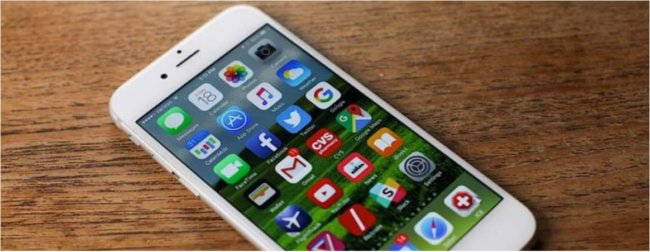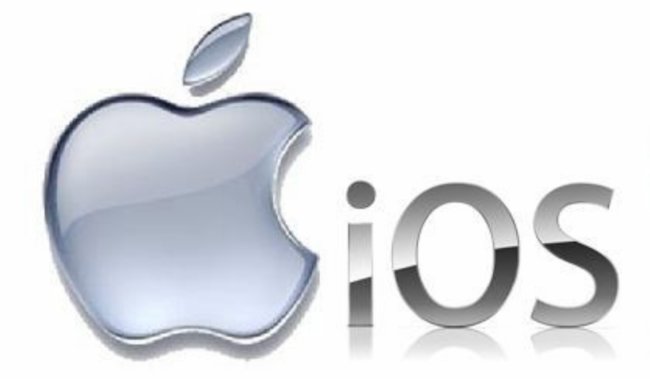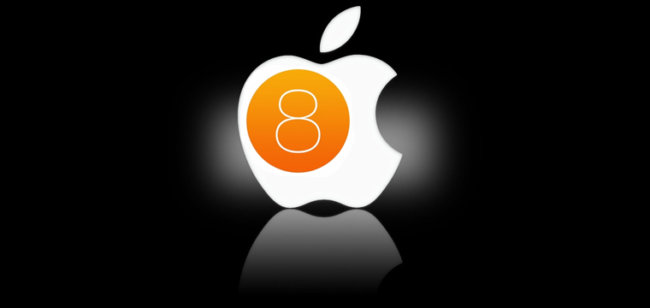Dell’s Project Ophelia is an Android-powered 3-inch dongle that slots into the HDMI port of any TV or monitor, giving you PC functions anywhere without carrying a laptop.
BARCELONA, Spain–The days of carrying a bulky laptop around with you might be over if Dell has any say in the matter. Project Ophelia is an Android-powered device that plugs into any TV or monitor, giving access to local files, desktop remote access and any of the apps, movies and TV shows in the Google Play store. Better yet, it’s as small as a USB flash drive and will cost less than $100.
The idea is simple: rather than take your laptop everywhere with you, you can simply plug the dongle into the HDMI port of whatever screen you find. You’ll be presented with the same Android interface you’ll see on tablets. If you’ve got the right set of tools installed, you can use it exactly as you would use your laptop.
You’ll need to connect a Bluetooth mouse and keyboard to navigate around Android. Install office tools like QuickOffice Pro — using the built-in Wi-Fi — and you’ll be able to get on with your work. Ophelia has 8GB of internal storage for your files, but you can expand that with the microSD card slot, although Dell wasn’t able to confirm at the time of writing whether you can install apps to an external card.
PocketCloud’s Remote Desktop service lets you access your home or work PC from Android or iOS devices. David Nagy from PocketCloud showed me an example of the software in action, and explained that with PocketCloud on Ophelia, you’ll be able to use this little gadget to access and use your normal PC as though you were sat in front of it, even allowing you to download and upload files.
It’s fully Google-accredited, too, so you’ll have access to the hundreds of thousands of apps available on the Google Play store. Want to take a break from work? Fire up Netflix and enjoy the Full HD output. Ophelia will hopefully be compatible with touchscreens too, so you’ll be able to enjoy the vast array of touch-based games.
To look at, Project Ophelia is completely unremarkable. It’s roughly the same size and looks basically the same as a regular USB flash drive or wireless dongle. It’s what’s inside that makes it special. It’s essentially packing the same components you’d find stuffed inside a tablet. A 1.6GHz dual-core Cortex A9 processor powers the Android 4.1.2 Jelly Bean software, which I found to be reasonably responsive on the 55-inch LG TV I used it with.
Clicking between the home screens was fairly swift, with only a minimum of delay when opening menus. It should have plenty of power for essential work, but I’d like to see Dell offer more potent components down the line for those of us with more-demanding needs.
As well as allowing people to effectively carry their whole computers round in a 3-inch dongle, its low price could make it an attractive option in schools, who are looking to equip students with personal computers. David Angwin, Marketing Director for Dell Wyse — the branch of Dell responsible for Ophelia — explained that its low power requirements means it could run off solar panels, offering education services in developing countries where the electricity supply is often poor.
Project Ophelia is due to become available later in the year (it will also be given a proper name) and will be “sub $100.” Exactly how much less remains to be seen. If you’re tired of lugging a heavy laptop around and look forward to the day you can get on with work on any screen you come across, you’d be right to be excited about Ophelia.









